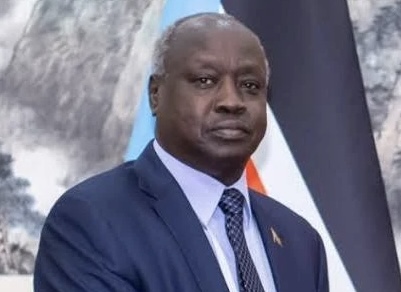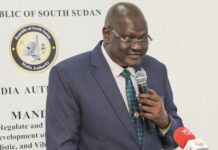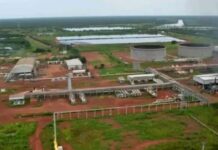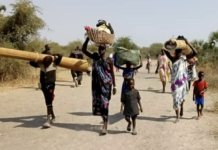The veteran SPLM figure Nhial Deng Nhial has officially announced the formation of a new political movement the South Sudan Salvation Movement (SSSM) marking a dramatic split from the ruling party.
Citing a “deep political and moral responsibility,” Nhial accused the SPLM-led government in Juba of failing the people of South Sudan and steering the country toward collapse through corruption, authoritarianism, insecurity, and economic mismanagement.
Nhial declared that the SPLM has deviated from its founding vision following the death of Dr. John Garang, becoming a vehicle for dictatorship and personal enrichment rather than national development.
He lamented the government’s failure to deliver basic services, its misuse of oil revenues, the breakdown of security, and the deliberate obstruction of the peace process and elections outlined in the 2018 Revitalized Agreement (R-ARCSS).
Calling the current regime illegitimate, Nhial said the SPLM-IG (led by President Salva Kiir) and SPLM-IO (led by First Vice President Riek Machar) have both undermined the peace process by blocking the formation of a unified national army and failing to organize elections. He warned that without urgent reforms, South Sudan risks complete state failure.
In response, Nhial announced the temporary suspension of his SPLM membership and launched the SSSM under the umbrella of the United People’s Alliance (UPA). He clarified that the new movement is not intended to replace the SPLM but to reform and restore its original vision.
Nhial outlined three key demands, immediate opening of civic and political space, fast-tracked drafting of a permanent constitution possibly outside the country to ensure free participation and holding of free, fair, and credible elections before the end of 2026.
He called on citizens, SPLM cadres, organized forces, and communities across South Sudan to mobilize in what he termed the “second liberation struggle”, comparing the current challenge to the fight for independence from Sudan.
Nhial also urged security forces not to suppress peaceful protests and appealed to neighboring countries to respect South Sudan’s sovereignty in its quest for democratic transition.
This dramatic move is the strongest open challenge yet from a senior SPLM insider and adds significant pressure on the Juba regime ahead of the long-delayed elections.
Whether Nhial’s new movement can galvanize widespread support remains to be seen, but his break from the SPLM signals a potential turning point in South Sudan’s turbulent political landscape.





